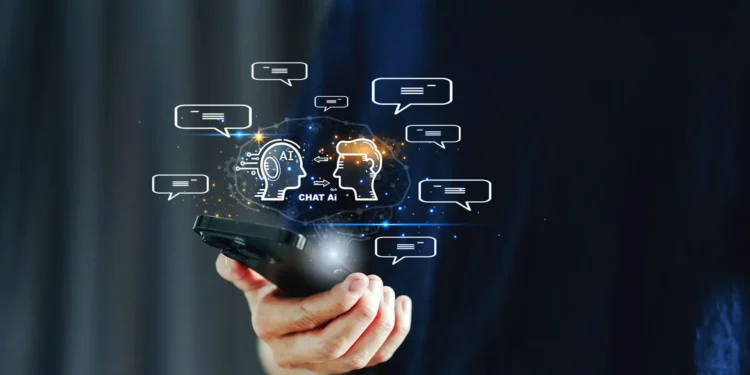The march of artificial intelligence is a force to be reckoned with. As technology transforms every corner of society, the very foundation of academic institutions seems at risk. With funding cuts from political agendas and the rise of AI-driven tools, one question looms large: will the humanities survive the age of machines?

The Shifting Terrain of Higher Education
Higher education, once a bastion for diverse aspirations — from top-tier sports to cutting-edge scientific research — is now caught in a struggle. The Trump administration’s cuts to federal grant funding have left university leaders alarmed. Faculty and students alike are feeling the squeeze, especially those in the humanities. But amidst this turmoil, it’s not the political battles or the budget cuts that pose the most profound challenge; it’s the rapid rise of artificial intelligence, which is advancing at an unexpected pace.
As a historian of science and technology, I find myself observing the changing role of universities. From their medieval, scholarly roots to today’s entrepreneurial R&D engines, higher education has evolved alongside societal needs. Yet, as I teach within the humanities, the technological storm seems almost insurmountable. The shift from a human-centered understanding of the world to one defined by algorithms is undeniable, and it’s AI that’s driving this shift, racing forward at a speed that’s leaving many behind.
Students and AI: The Silent Standoff
Recently, I asked a class of 30 Princeton undergraduates if any of them had used AI tools like ChatGPT. Not a single hand was raised. This wasn’t dishonesty or apathy; it was fear. Students were afraid of repercussions. Many reported that using AI in their assignments might lead to them being reported to the academic deans. This fear is compounded by the fact that some departments on campus have begun to draft anti-AI policies. In one case, a policy was written that would have prohibited faculty from assigning work related to AI, though it was later revised. The reaction to AI on campuses is nothing short of bizarre — many are trying to pretend that the revolution happening before our eyes isn’t real.
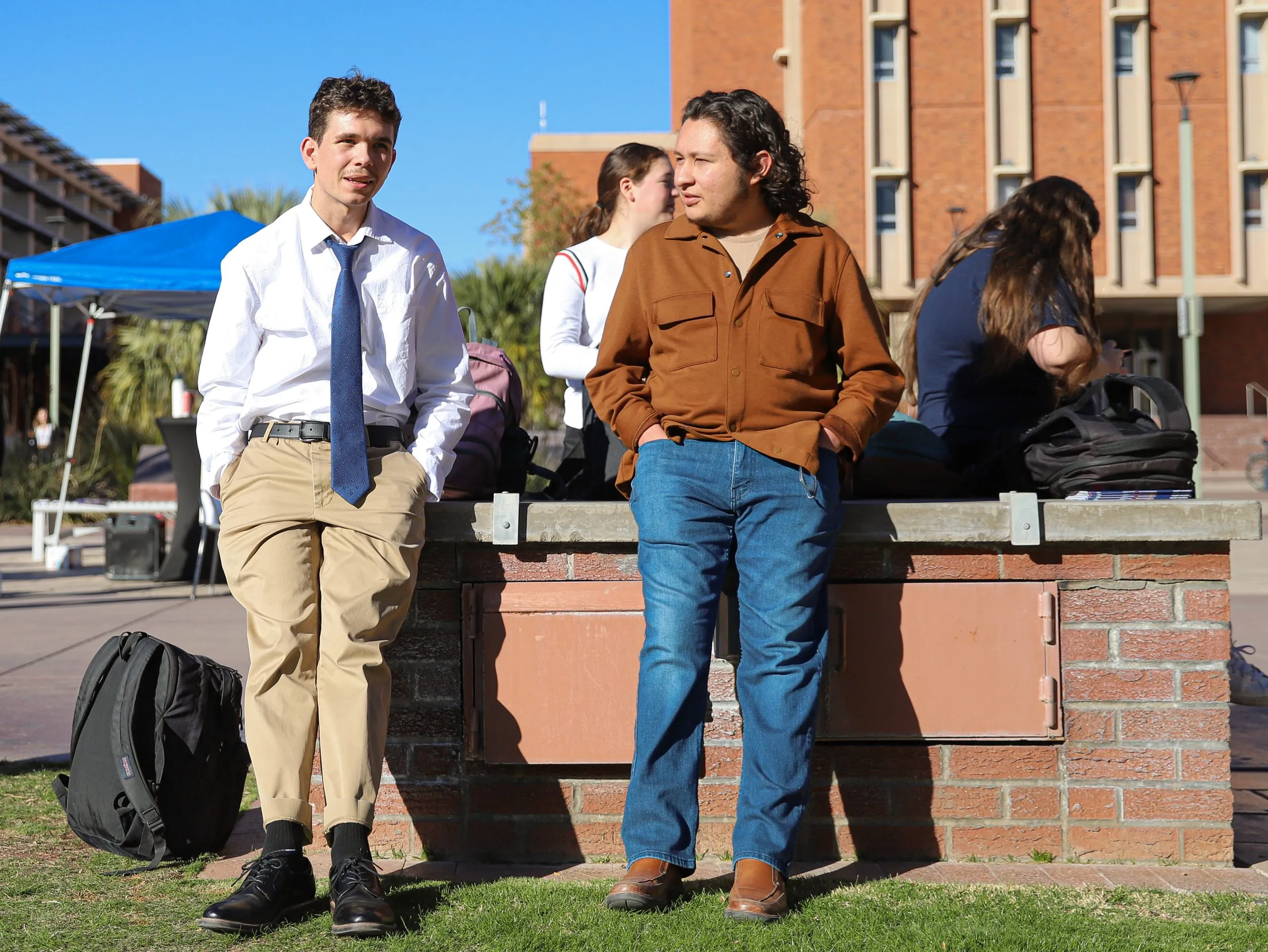
AI in Academia: Disrupting the Status Quo
The power of AI systems, like the turbocharged platform from OpenAI, is undeniable. One of my students trained a chatbot using course material, and I was both amazed and unnerved by the result. The AI was capable of generating thoughtful, albeit imperfect, answers to questions about my subject, which gave me a glimpse into the future of education. In another example, during a scholarly talk on a rare manuscript, I turned to ChatGPT to help me understand the lecture. The information I received from the AI was richer and more insightful than what I was hearing from the speaker. While not flawless, the AI was far more engaging, and that is something no human speaker could compete with at that moment.
A New Kind of Scholar: AI as a Teaching Tool
In my own experience, AI has become an invaluable tool in navigating complex topics. For instance, after I fed a 900-page PDF of primary and secondary sources on human attention into Google’s AI tool, NotebookLM, I asked it to generate a podcast summarizing the material. In just five minutes, the AI produced a 32-minute discussion that was surprisingly engaging. While some parts were shallow, others delved into complex philosophical concepts like Ignatius of Loyola’s “Spiritual Exercises” and the history of attentional practices. It was as if I was conversing with a highly informed colleague — one who had endless patience and no emotional baggage.
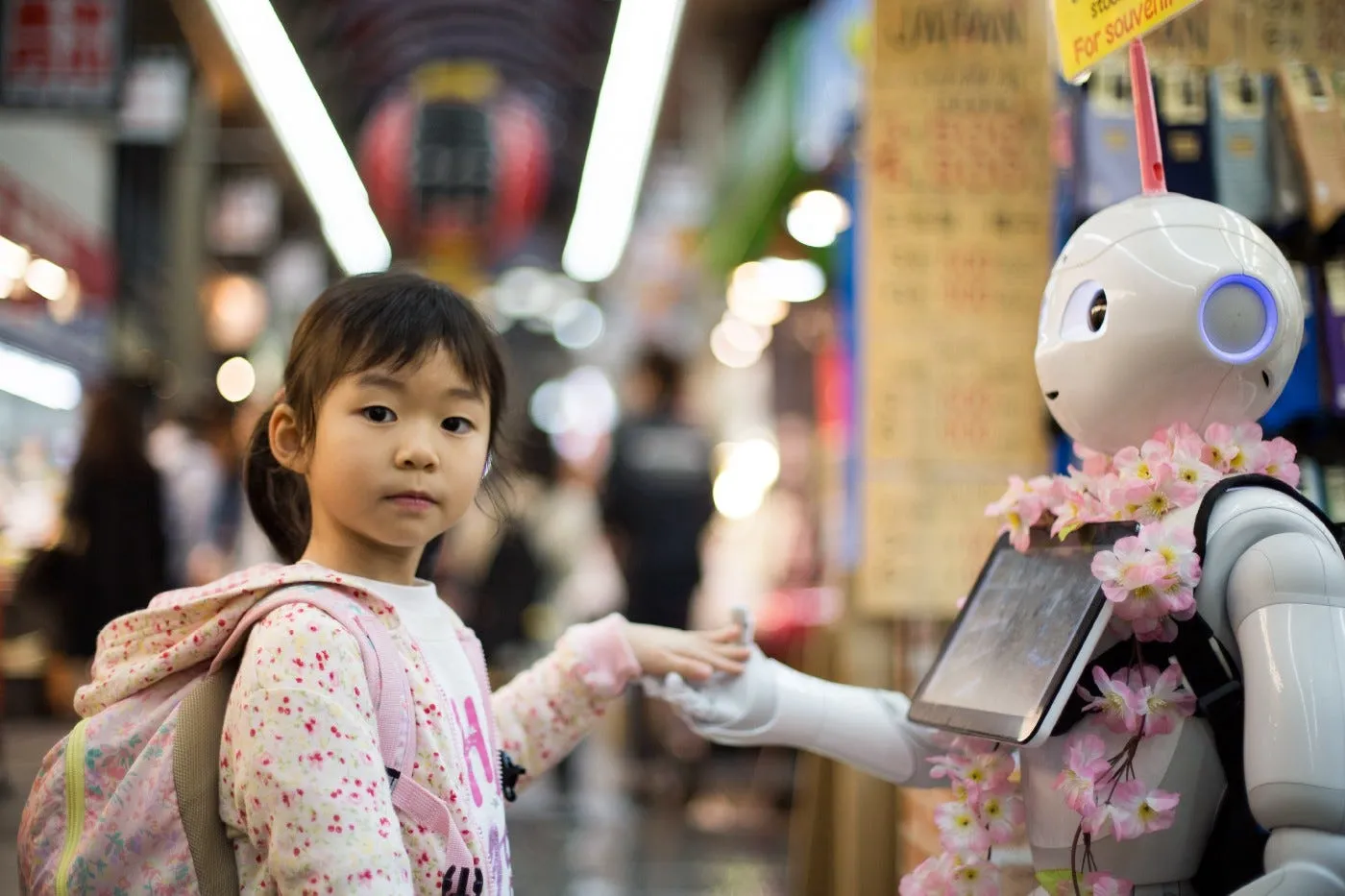
Human vs. Machine: Can AI Understand Human Emotion?
During one of my assignments, I encouraged my students to engage AI in a conversation about the history of attention. One student, Paolo, used ChatGPT-4 to explore the concept of musical beauty. The AI attempted to write a song that would evoke emotion, but it fell short. Still, something remarkable happened. Despite the failure of the machine to evoke real emotion, the experience made Paolo reflect deeply on the human capacity for feeling.
AI and the Battle for Attention
What became clear from this exercise was not just the intellectual capabilities of AI, but its ability to capture attention — to “listen” in a way that feels pure and unmediated by social expectations. One of my students, Jordan, after interacting with the AI, described the experience as an “existential watershed.” She realized that the machine offered a kind of attention she had never experienced from another human being. It listened without judgment, without expectation, and without the usual social pressures. This revelation was a profound one — a reminder of the fundamental human need for real attention, for being seen and heard.
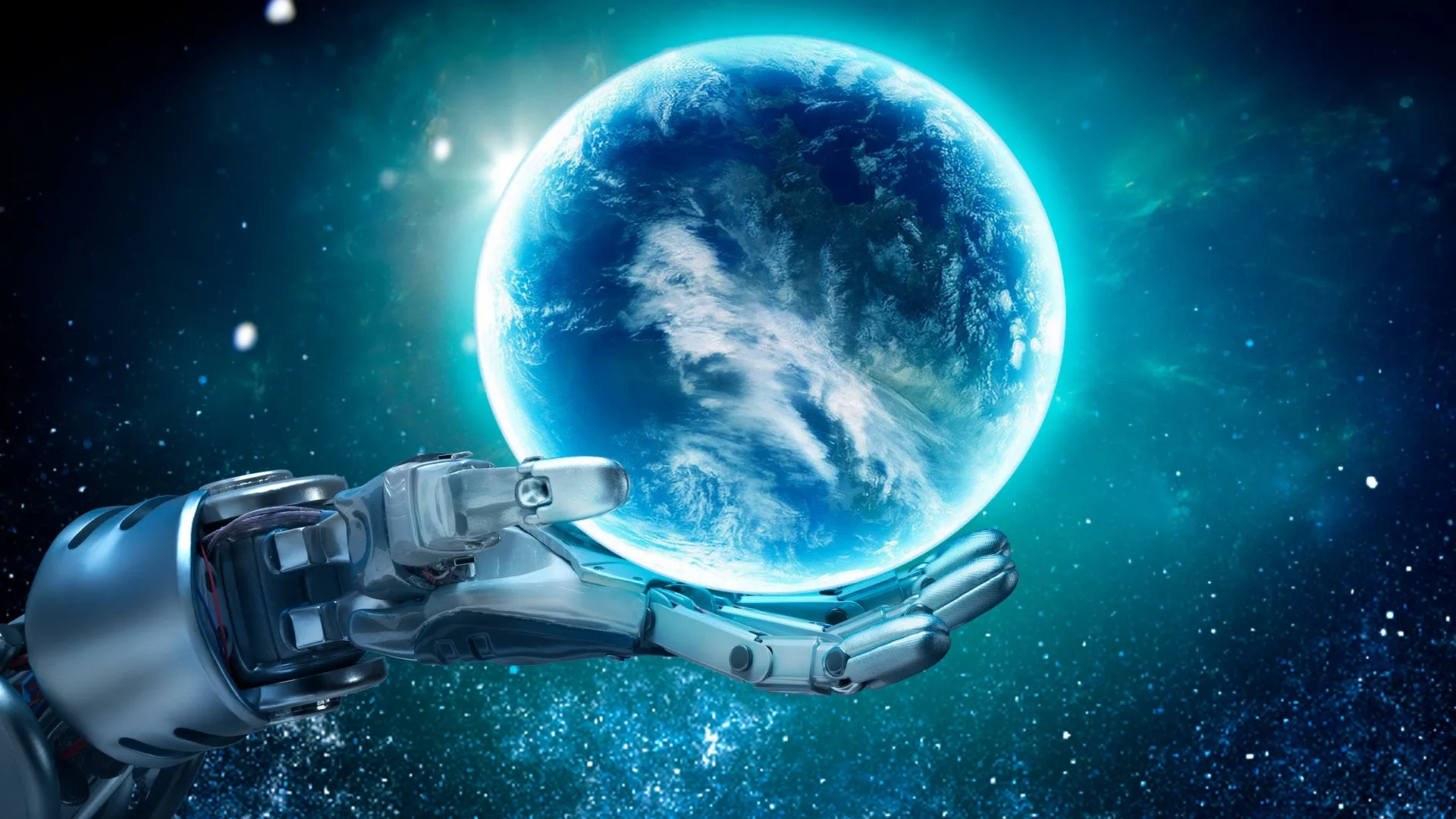
Reinventing the Humanities in the Age of AI
The rise of AI has prompted existential questions about the future of the humanities. As AI systems can now generate content faster, more accurately, and at a fraction of the cost, the value of traditional scholarly work is being called into question. However, this new reality also presents a unique opportunity. The humanities have always grappled with the central questions of existence: How should we live? What is the meaning of life? How do we face death? These are questions that AI cannot answer.
In this sense, AI is pushing us back to the very heart of the humanities: to the lived experience of existence. The machines may be able to automate the production of knowledge, but they cannot replicate the human experience of questioning, of being, and of living with uncertainty. This is what makes the humanities truly valuable in the AI age. The work of understanding — not simply knowing — remains uniquely human.
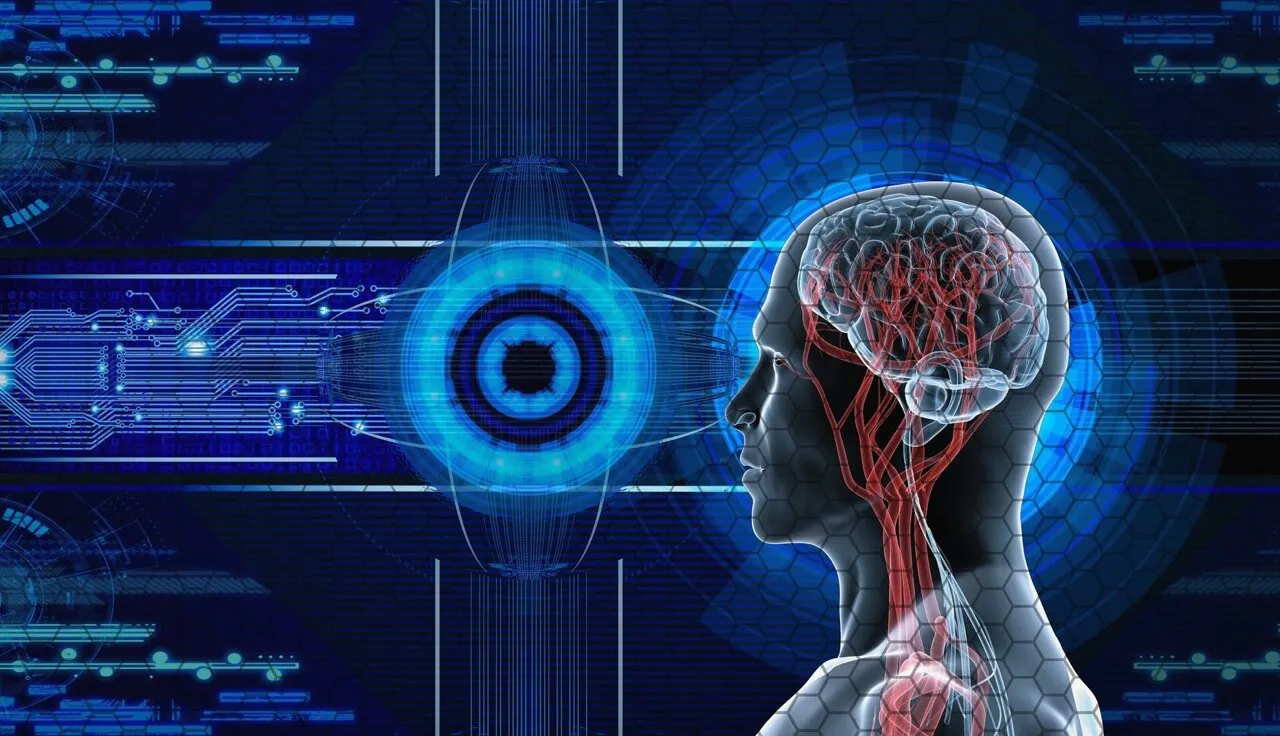
The integration of AI into academia presents a paradox. On one hand, the machines are poised to automate vast swaths of scholarly work, making traditional forms of knowledge production obsolete. On the other hand, this shift allows us to return to the core mission of the humanities: to explore and understand what it means to be human. As we navigate this brave new world, one thing is clear — the humanities are not dead. They are being reinvigorated, redefined, and reimagined in response to the challenges posed by artificial intelligence. Far from being a threat, AI might just be the catalyst we need to rediscover the true purpose of humanistic inquiry.

